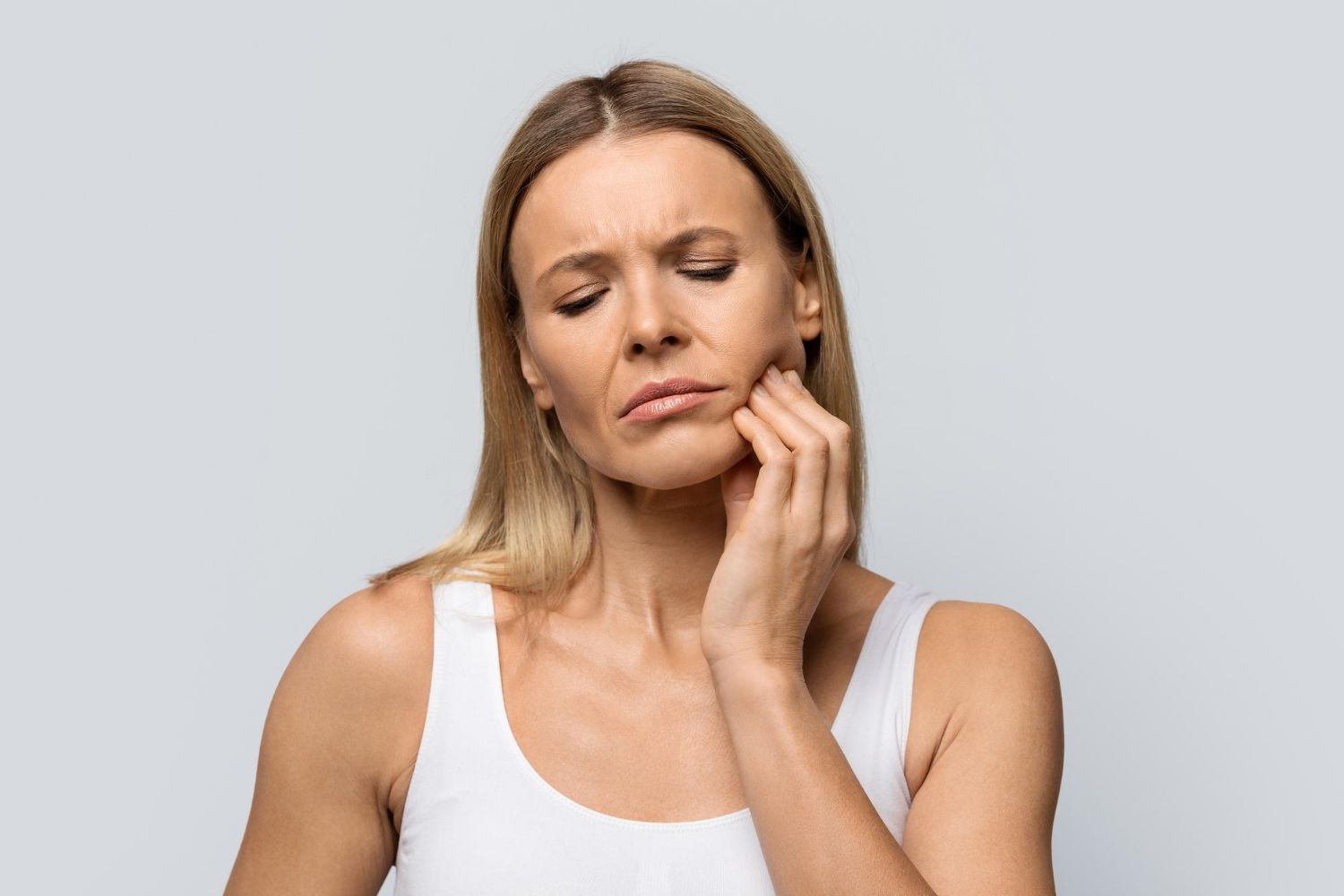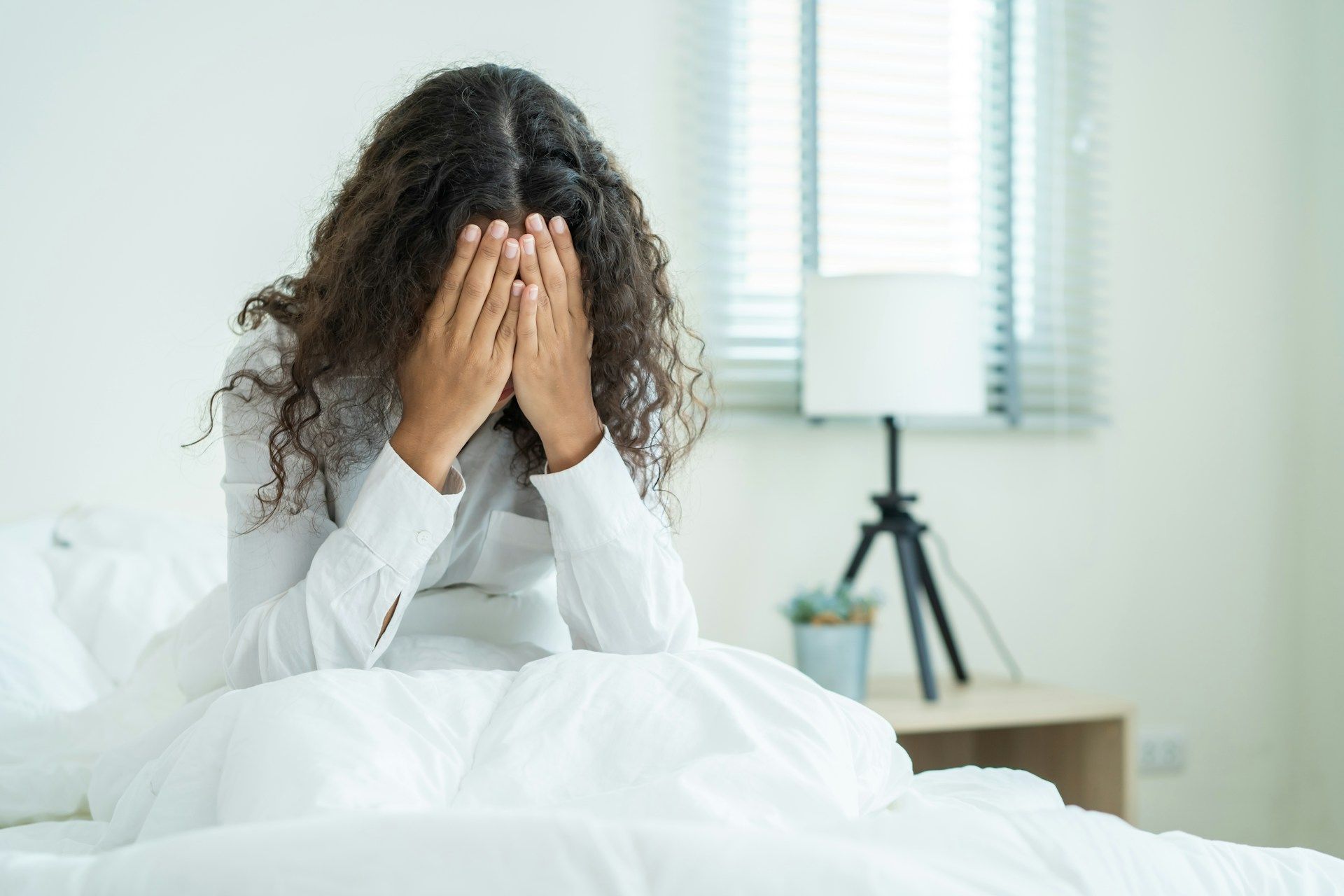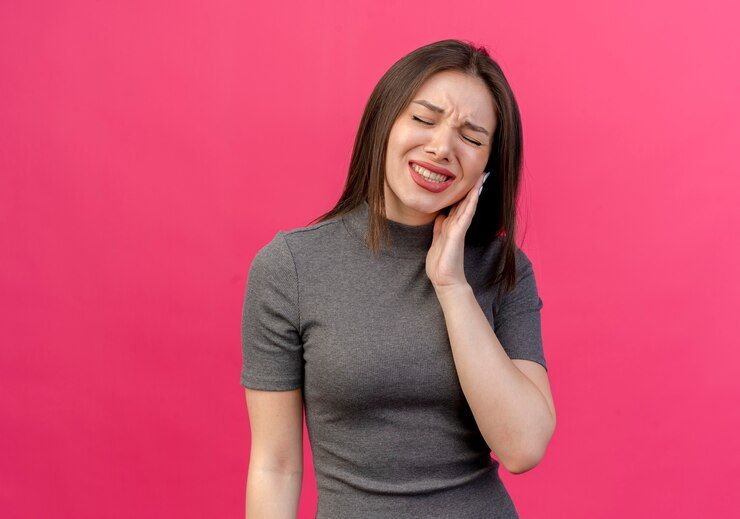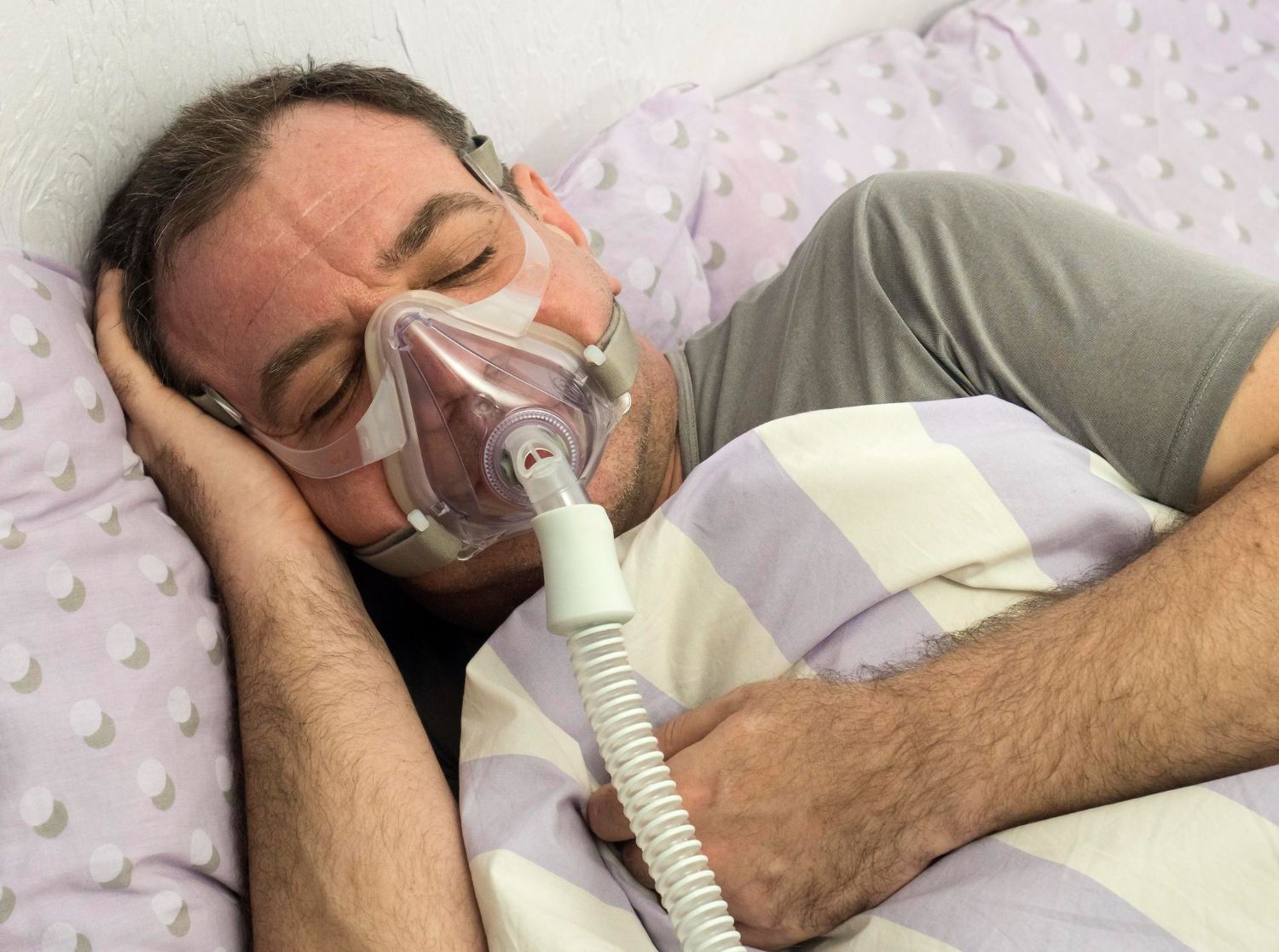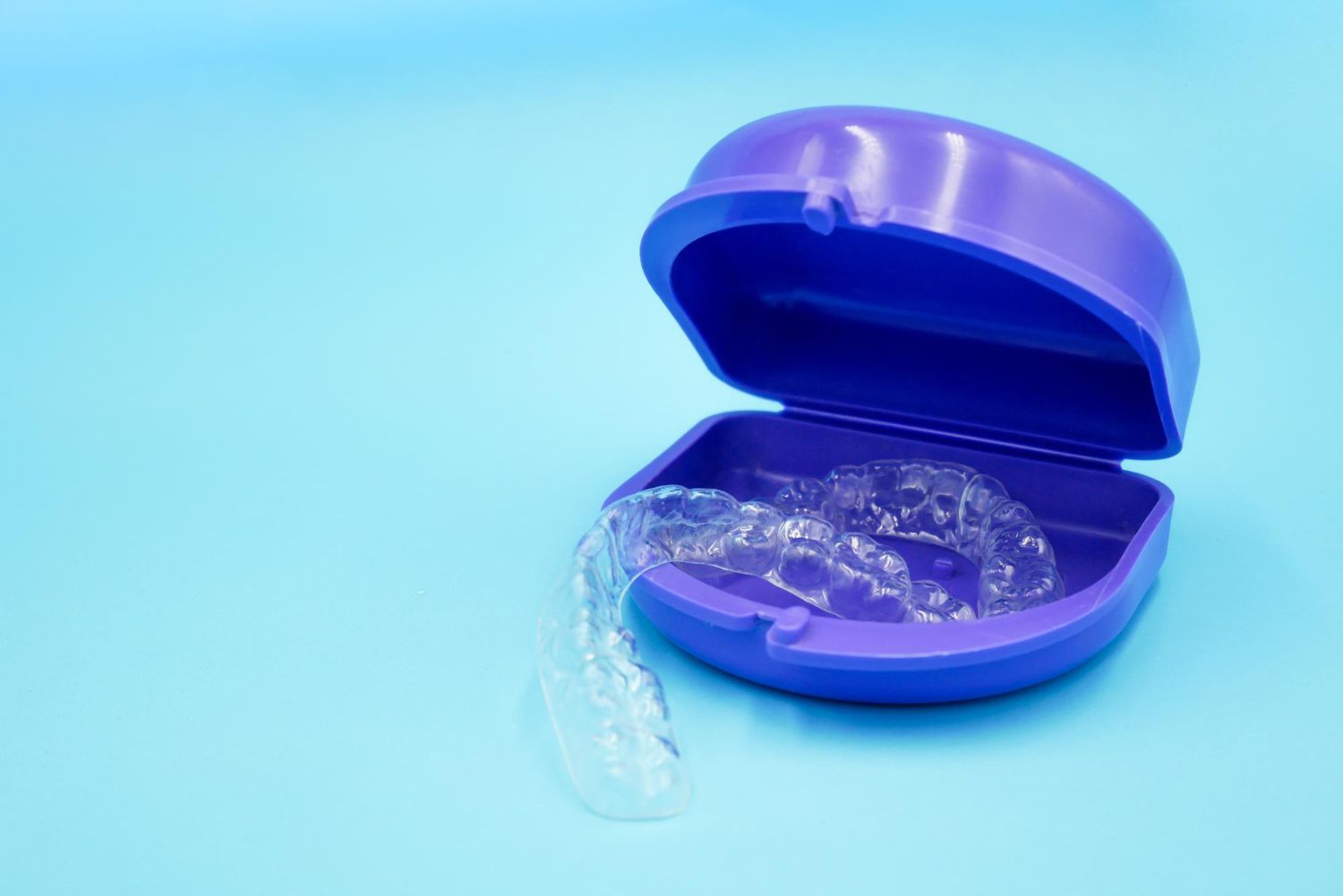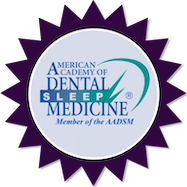Avoid Common Headache Triggers

Headaches can be more than just a minor inconvenience; they can disrupt your daily activities and make it hard to concentrate or enjoy life. Understanding what triggers headaches is the first step in preventing them. By recognizing these common triggers, you can take steps to avoid them and lessen their impact on your life.
Headaches can be caused by a variety of factors, including diet, lifestyle, environmental conditions, and physical stress. Each person may have different triggers, so it's essential to identify what affects you personally. Whether you experience tension headaches, migraines, or other types of headaches, knowing the common culprits can help you manage and reduce their frequency and severity.
Dr. Fuller specializes in treating headaches and can guide you on how to recognize and avoid these triggers. This article will explore the different factors that can lead to headaches and offer practical steps you can take to mitigate their effects. Knowing how to manage your headache triggers is vital for a healthier, more comfortable life. Understanding and avoiding these triggers can make a significant difference in your overall well-being.
Understanding Headache Triggers
Headache triggers are factors that can cause or worsen headaches. Understanding these triggers is essential to managing and preventing headaches effectively. Triggers can vary from person to person, but they often fall into common categories like diet, lifestyle, environment, and physical conditions.
Dietary triggers include caffeine, alcohol, and certain foods. For some people, foods high in nitrates or MSG (monosodium glutamate) can lead to headaches. Lifestyle triggers are habits or daily activities, such as irregular sleep patterns, poor posture, and high stress levels. These factors can put your body under strain, leading to tension and headaches.
Environmental and physical triggers include changes in weather, bright lights, loud noises, and strong smells. Physical factors like dehydration, fatigue, and eye strain from too much screen time can also cause headaches. By identifying what triggers your headaches, you can take steps to avoid or manage these factors more effectively.
Dietary and Lifestyle Triggers
Several dietary and lifestyle factors can trigger headaches. Being aware of these triggers can help you make better choices to avoid headaches.
- Caffeine and Alcohol: Both caffeine and alcohol are common headache triggers. While small amounts of caffeine can help alleviate headaches, too much can cause them. Alcohol, especially red wine and beer, is known to trigger migraines in some people.
- Certain Foods: Foods containing nitrates (like processed meats), MSG, and aged cheeses can trigger headaches. Chocolate and foods with artificial sweeteners might also cause headaches for some individuals.
- Irregular Sleep Patterns: Not getting enough sleep or changing your sleep schedule can lead to headaches. Aim to have a consistent bedtime and wake-up time every day.
- High Stress Levels: Stress is a significant trigger for many types of headaches. Practicing relaxation techniques like deep breathing, meditation, and regular exercise can help manage stress.
- Poor Posture: Slouching or having bad posture, especially while sitting at a desk or using electronic devices, can strain your neck and back muscles, leading to tension headaches.
By paying attention to these dietary and lifestyle triggers, you can take proactive steps to reduce the frequency and severity of your headaches. For individual advice and a personalized plan, consulting Dr. Fuller can be an effective way to manage your headache triggers.
Environmental and Physical Triggers
Environmental and physical triggers play a significant role in causing headaches. These triggers can often be harder to control, but recognizing them can help you take steps to minimize their effects.
- Weather Changes: Sudden changes in weather, such as shifts in temperature, humidity, or barometric pressure, can trigger headaches. Keeping track of weather patterns may help you anticipate and prepare for these changes.
- Bright Lights and Loud Noises: Exposure to bright or flickering lights and loud sounds can cause headaches. Wearing sunglasses, using dim lighting, and avoiding noisy environments can help reduce this trigger.
- Strong Smells: Perfumes, smoke, and chemical odors can be headache triggers. Avoiding areas with strong smells and using unscented products might help.
- Dehydration: Not drinking enough water can lead to dehydration, which is a common cause of headaches. Make sure to drink plenty of fluids throughout the day.
- Physical Exertion and Fatigue: Overexerting yourself physically or experiencing fatigue can trigger headaches. Pacing yourself during physical activities and getting adequate rest can reduce the risk.
Understanding these environmental and physical factors can help you manage your headaches more effectively. Pay attention to these triggers and take preventive steps to minimize their impact.
Preventive Measures and Tips from Dr. Fuller
Preventing headaches involves a multifaceted approach, which includes recognizing triggers and taking proactive measures to avoid them. Here are some helpful tips from Dr. Fuller to manage and reduce headache occurrences.
- Maintain a Consistent Sleep Schedule: Going to bed and waking up at the same time every day helps regulate your body’s internal clock. This consistency can reduce the risk of headaches.
- Stay Hydrated: Drink plenty of water throughout the day. Aim for at least eight glasses of water daily to prevent dehydration.
- Exercise Regularly: Engage in regular physical activity to keep your body and mind healthy. Exercise can reduce stress, which is a common headache trigger.
- Eat Balanced Meals: Incorporate a variety of healthy foods into your diet. Avoid skipping meals, and try to eat at regular intervals to maintain your energy levels.
- Manage Stress: Practice stress-reducing techniques like yoga, meditation, or deep breathing exercises. Managing stress effectively can lower the chances of developing headaches.
- Adjust Your Environment: Make changes to your surroundings to minimize exposure to triggers. For example, use noise-canceling headphones, wear sunglasses, or use a humidifier at home.
These preventive measures can help you take control of your headache triggers. Dr. Fuller’s expertise can guide you in implementing these strategies effectively, ensuring a significant reduction in headache frequency and severity.
Conclusion
Understanding and avoiding headache triggers is essential for leading a more comfortable and pain-free life. By recognizing dietary, lifestyle, environmental, and physical triggers, you can take proactive steps to prevent headaches. Making small adjustments in your daily habits and environment can yield significant improvements in managing headache pain.
Dr. Fuller offers expert guidance and personalized care to help you identify your specific headache triggers and develop an effective prevention plan. By following his tips and recommendations, you can reduce the frequency and intensity of your headaches, improving your overall quality of life.
If headaches are affecting your daily life, don’t hesitate to seek professional help. At Fuller Sleep & TMJ Solutions, a
Greensboro sleep center, we specialize in diagnosing and treating headaches to provide relief and enhance your well-being. Contact us today to schedule a consultation and take the first step toward a headache-free life.


